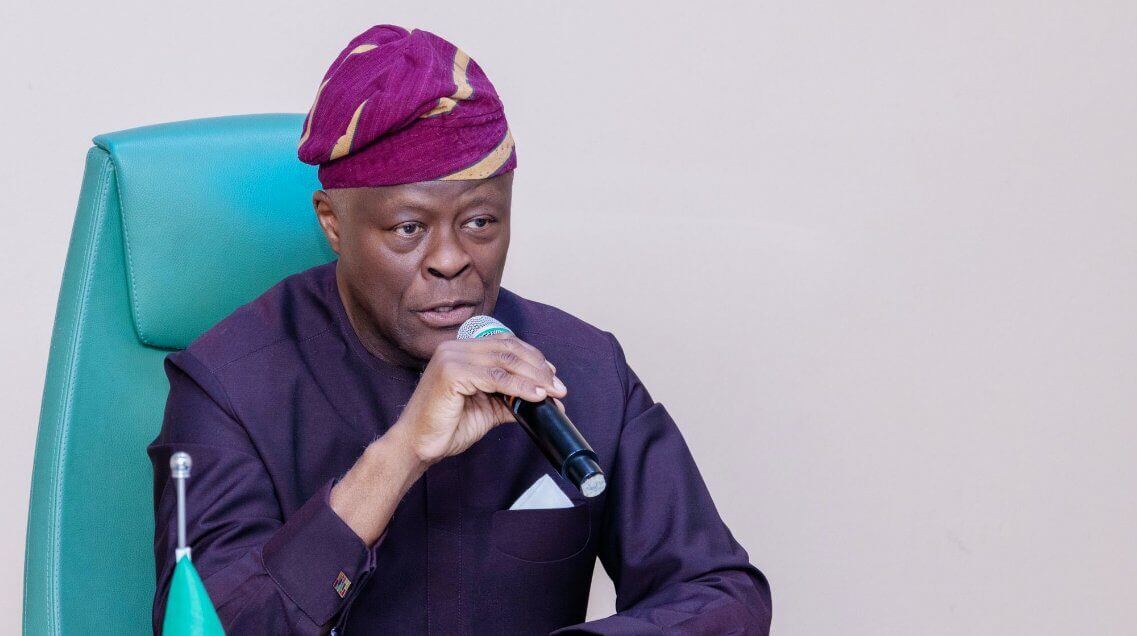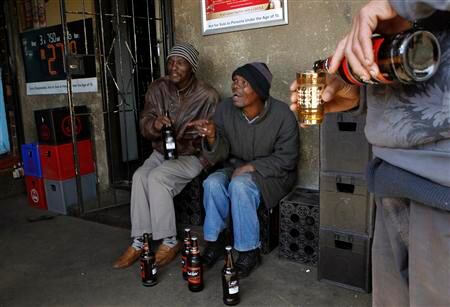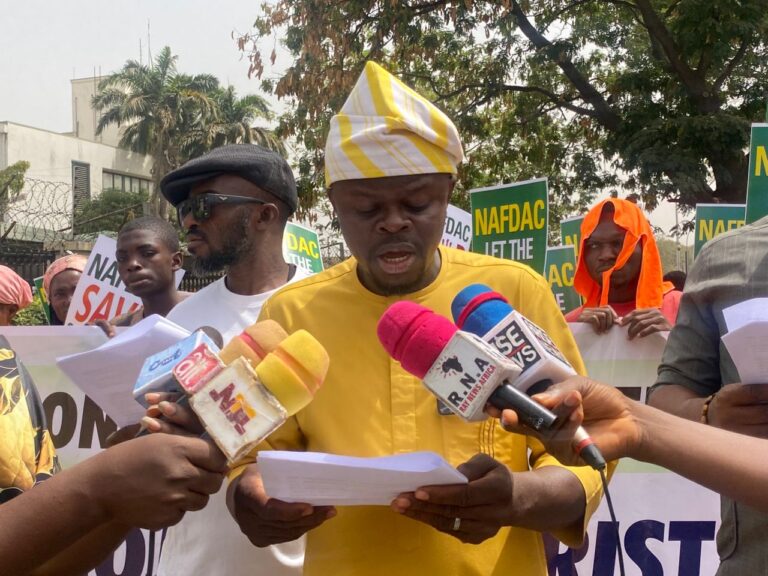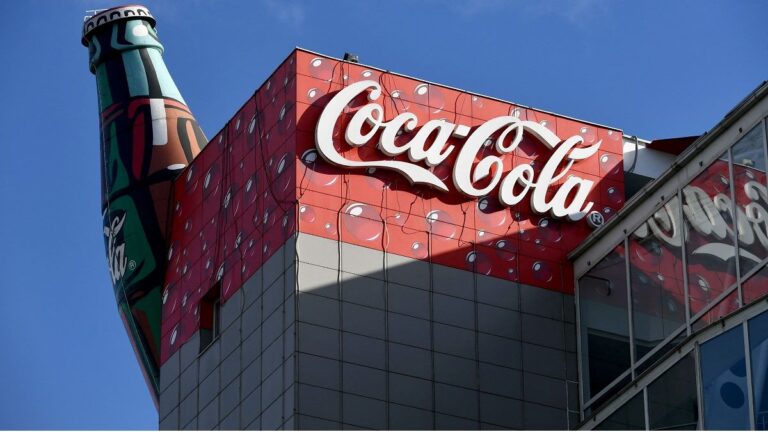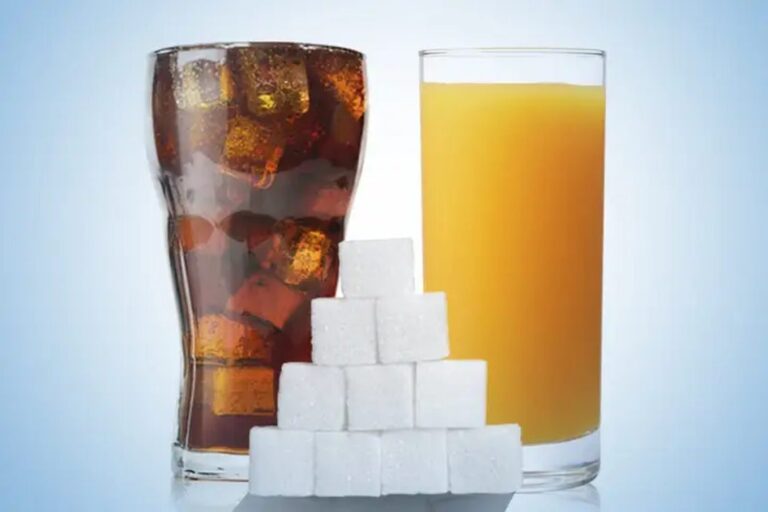The Nigerian government is reportedly considering a suspension of its tax on sugary drinks to ease the pressure on manufacturers in the inflation-hit nation. This move, which has been in effect for two years, imposes a levy of N10 ($0.0061) per litre on sweetened beverages, aimed at addressing health concerns such as obesity and diabetes.
Minister of Finance Plans Temporary Tax Suspension
Minister of Finance Wale Edun reportedly told the National Action on Sugar Reduction (NASR) group that he plans to suspend the tax temporarily, according to the News Agency of Nigeria (NAN). According to Edun: “This measure aims to help beverage companies navigate the current economic difficulties without going under.” He emphasized that the suspension is intended to stabilize the economy and support the beverage industry during this critical period.
Economic Challenges and High Inflation
Nigeria has been grappling with severe economic challenges, including a weak local currency, a cost-of-living crisis, and high inflation. Richard Wyborn, a partner at Food Strategy Associates, highlighted the extent of these issues: “The naira [local Nigerian currency] has devalued massively, I think versus the dollar, more than 50% or 60% in the space of a year. You’ve got these acute economic challenges that present major issues to companies for a number of reasons.”
Global Perspective on Sugar Taxes
The Nigerian sugar tax is part of a broader global effort to promote healthier behaviors through taxation. Last year, the World Health Organization (WHO) called for higher taxes on sweetened beverages and alcoholic drinks. The WHO noted that while 108 countries tax sugar-sweetened beverages, the average excise tax represents just 6.6% of the price of soda.
Sugar Taxes Around the World
In the US, there is no national sugar tax, but some cities and jurisdictions have implemented levies. The UK introduced a sugar tax in 2018, with a levy of 18p per litre for drinks with five to eight grams of sugar per 100ml, and 24p per litre for those with more than 8g of sugar per 100ml. The Dutch government, since 1993, has applied a flat rate of €26.13 ($27.96) per 100 litres to all non-alcoholic drinks, regardless of sugar content. Italy announced a sugar tax in 2020, but it has been delayed seven times and is now set to come into force on 1 July 2025.
Conclusion
The Nigerian government’s consideration of a temporary suspension of the sugar tax reflects an effort to support the beverage industry amidst the nation’s economic difficulties. This potential policy change is part of a broader global dialogue on the role of sugar taxes in promoting public health and economic stability.
We are Africa’s best storytellers for beverage brands. Let’s tell your brand story with interesting and unique perspectives that thrill your audience and amplify your brand visibility. email [email protected] or Whatsapp +2349098078022 to get details

